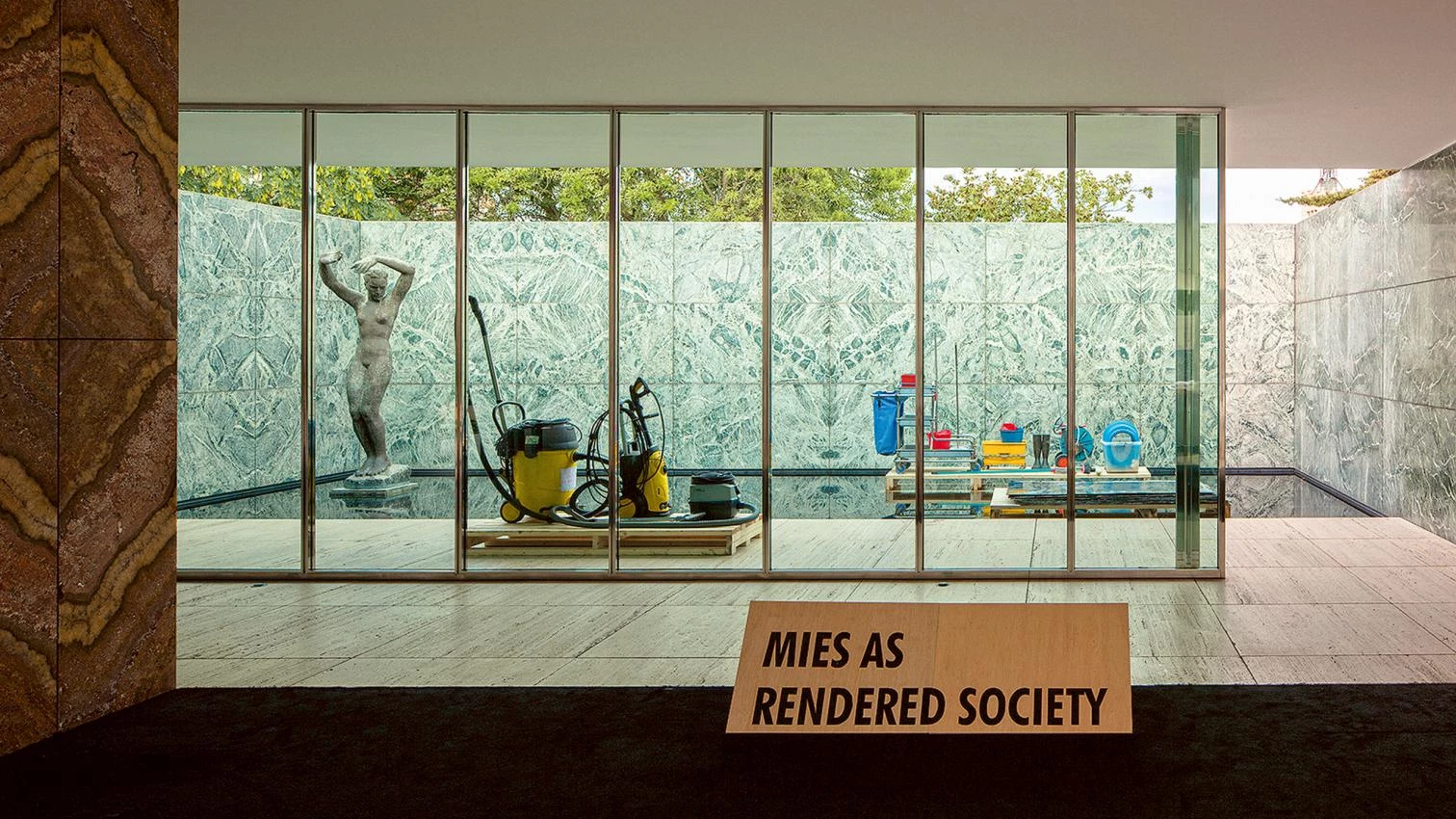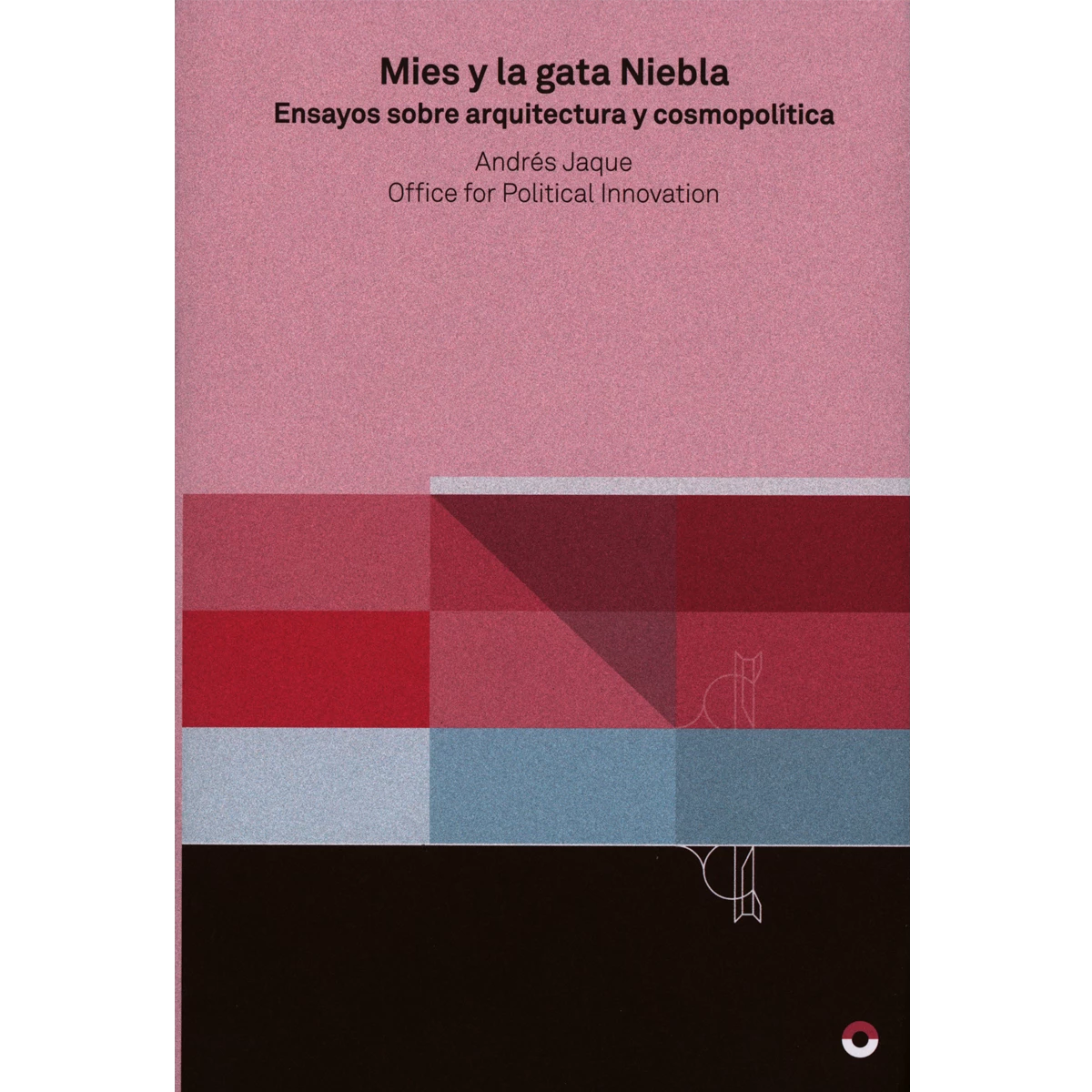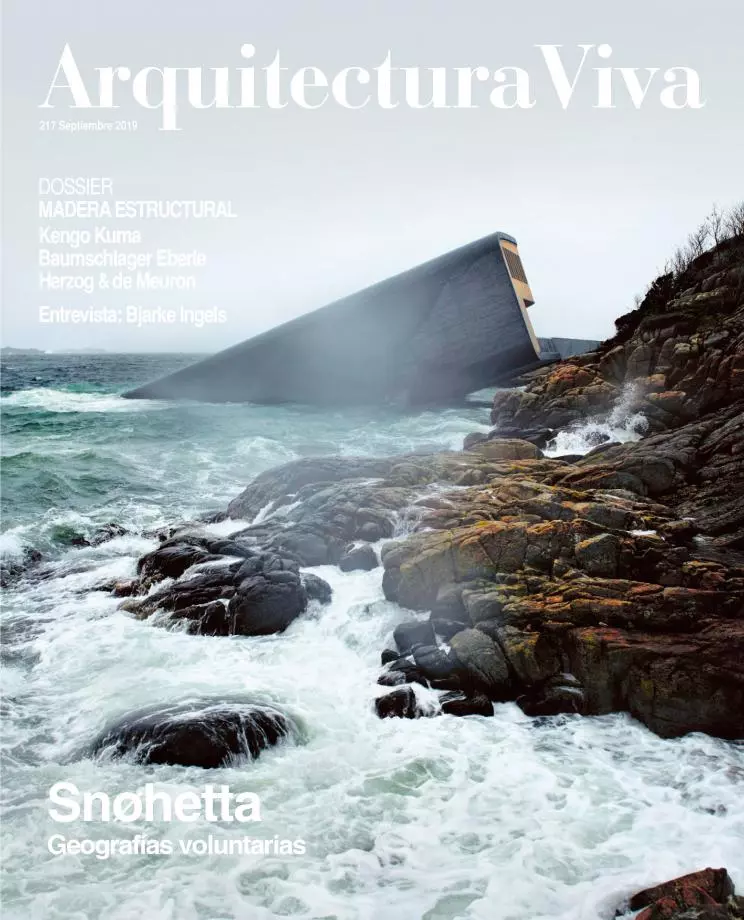
At last we can enjoy a book by one of the most active Madrid architects of the generation born in the 1970s. We welcome what could be a renewed interest in architectural essays, and the optimism triggered by the book’s coinciding with the consolidation of young Spanish-language publishers. Andrés has compiled a dozen texts and organized them in five sections: domesticity and the everyday; Mies revisited; Latournian parliaments; contemporary urbanism; and gender and sexuality issues. Antonio Muntadas wrote the foreword, and Marina Otero an analysis of Jaque’s writing.
Beyond the flowery vocabulary of the author, who has no qualms using neologisms of his own making, the book reflects a way of doing architecture that breaks through different fronts. Fronts that share an interest in what he would generically call ‘documentalism,’ and in the need to rethink fields that can provide nourishment for an architectural philosphy and project attuned to the cultural and everyday sensibilities of today’s societies. And also in feeding on those sources without abandoning the legacies of modernity, without hesitating to reinterpret the moderns, all the while updating the manner in which that tradition is documented, from the angle of a new culture. A tradition – the modern one – where we all see defects, but which we live off, one way or another. After all, it is this tradition of ours that has built many of the scenes we were born in, and we have learned to be who we are.
Andrés’s ability to understand the legacy and put it to work beside a wide variety of aspects of our current everyday life is commendable, but more laudable is that his way of composing essays is in tune with a growing interest in nurturing creativity through studies and reflections on extraordinary phenomena and experiences. It happens in literature, film, visual arts, and more fields. And in architecture his prophet is Koolhaas, though we could also look into Cedric Price.
Reading Jaque’s essays brings to mind Barthes’s view of creative work as the construction of ‘a culture’ (‘culture’ as paideia, as rearing and education requiring multiple attention, attainable only systematically and with relative effort), as opposed to the idea of ‘method,’ which Barthes takes as a dogmatic way of anticipating results and guarding against surprises or the unpredictable. This view is important if we are to understand the relationship between documentation and creation in authors we can group together under documentalist practices (and Jaque belongs here, no doubt).
Some might only see the playful, fun aspect of his texts and neologisms, but these are backed by a passionate effort to document the material culture and the technology of the contemporary world, its contradictions, its allure and banality, the forms of production of its economies, and the ways in which products are put in the market. The essays build up a rich world that neither can nor wishes to conceal the author’s contagious optimism and his irrepressible acceptance of the present as a creation machine, as an architectural project.






